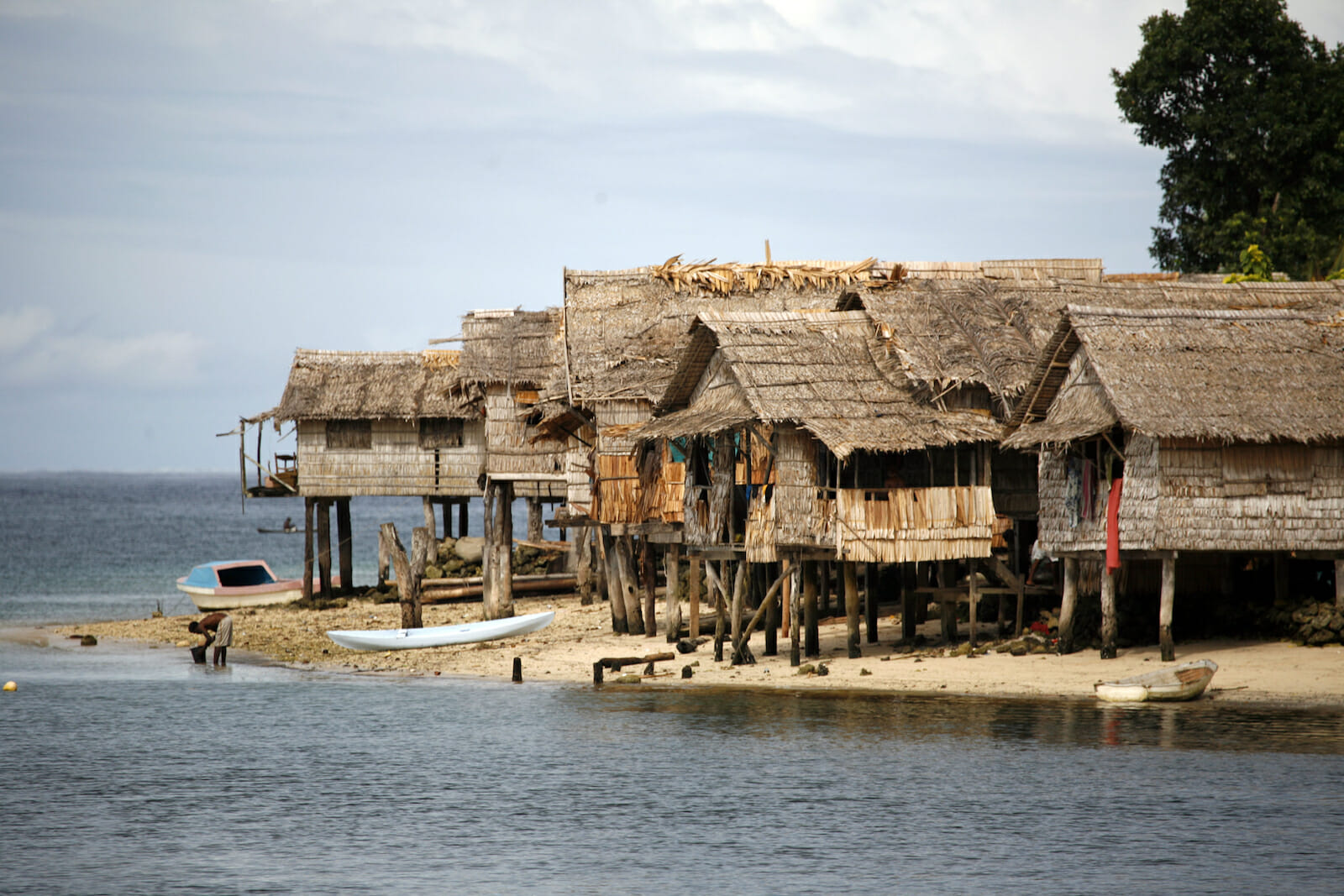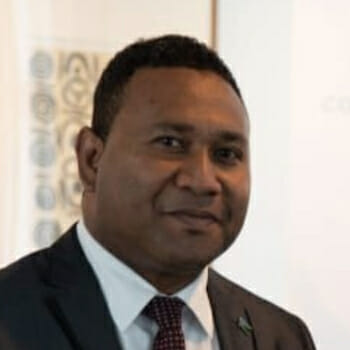
Culture
Wantokism and the Solomon Islands
The notion that wantokism is a challenge to development or nation building in the Solomon Islands is an error. My argument supports the opposite argument: wantokism is a recipe for progress in the country.
Wantokism is not an imposed system. However, it is a sociological practice that changes overtime. It evolves according to the phase changes in our society and therefore the whole package of this practice should be our center of focus rather than critiquing it through its setbacks. From an islander’s context, wantokism simply means relations, the communal ethnics of a particular grouping, a tribal group, a village group, a working group, a group of people coming from the same religious affiliations, or from the same school etc. There is no clear demarcation or distinction that pertains to who is a part of wantokism. If you are a Solomon Islander, this concept applies to all.
To an ordinary Solomon Islander, wantokism already describes their state of living, but it overdramatizes the context if this description comes from an outsider, a person who was never born into this context. This means, for a Solomon islander, wantokism is already a practice of their society. They were born into it, they grow with it, they use it, it becomes their identity, it becomes their norms and values, and it is powerful.
It must be the understanding that development has a complex definition and we should agree and respect the fact that different cultures have varying definitions of development. Solomon Islanders might wish to align their description of development to that of the western context. But that would not be appropriate.
Cultures were meant to be cultures, and one can only bend his or her culture to fit into another culture. This is the very foundation of how we should define development in the context of the Solomon Islands. It should define progress in life according to the ethics, the communal relations that wantokism has provided for the masses. In the event individuals start to divert from that course to promptly fit into another development context, they are risking running into the unexpected. The context of development will never be uniform because cultures have never been uniform from the beginning. The issue of diversity is a reality, and we must acknowledge that. Therefore we must appreciate the democratization of global cultures in the process of development, rather than bowing down to this western notion of democracy that is a “try to adapt trend” that this country is experiencing.
Then, the appropriate question one should be asking is, how Solomon islanders can use their existing cultures and wantoksm to achieve progress, rather than critiquing wantokism as a challenge to development in the Solomon Islands. Firstly, the biggest problem in the Solomon Islands is the tendency to fast track imported ideas rather than exploring and exhausting all existing mechanisms that already exist within our society that will allow us to succeed. Secondly, the imposed working from back to front adds to this problem. The current development challenge is a result of this, because we do not walk up the ladder step by step, only to realize that we missed many steps when the faults hit us hard.
In traditional times in our history, development happened with just a verbal command from a Chief or a Tribal head man. A huge building structure could be erected by the community in a given time, a huge plantation of food trees could be planted as instructed, people built artificial islands to house their extended family, or even warriors paddling in canoes from Islands that are far from each other ensured the security of their people. These were some examples of the essence of development that occurred through our historical times. At those times, these developments were also agents of peace and stability. As the saying says, to secure peace and stability, the chain of command must be respected at all times by the masses.
Today, the scenario is different. Imposed western democracy has called for individualism rather than communalism. This threatens the very essence of our society and Solomon Islanders must realize this. There is no space for individualism in our society because our society’s genetic makeup is allergic to that. Today, people talk much about Human Rights as an important issue in the development in any society without realizing that Human Rights are already within all beings since they were born. How do we realize and achieve Human Rights? The best and simple answer is through Human Economic Empowerment. An elderly Chinese person once said. Don’t waste time and money talking about human rights; Just spend more time and money to economically empower people. He further questioned if all your citizens are millionaires, do you think they will talk about Human Rights? Simply put, economic empowerment solves all human needs and this should be the guiding principle for development by using the population through wantokism and mobilizing them through this empowerment process.
Therefore a possible scenario that needs testing is tribal or community modelling, by using villages as the point of focus for rural development. The Government or Communities/Tribal Groups on their own will then divert resources and funds for human resources capacity building followed by the direct process of economic empowerment. However the most important issue to consider is on Capital Governance and Social Capital, if it is properly structured and tested. The idea to drive development must start from basics, people must be entrepreneurial through a capacity building process that merges with cultural values (be able to distinguish between long and short term strategies), having respect for the chain of command (we recognize our cultural hierarchy), mobilize human resources according to delegated tasks and complete tasks according to priorities and timeframes.
The best development approach starts with the hardest effort inserted and results in a little output. Moreover, as this process continues, the effort inserted will become smaller and the output increases. This is successful development. This is where efficiency automatically sets in. This is where bonds of ethics and wantokism become solidified. This is where you see that your culture of communal relationships drives development to achieve its best result. This is where human rights and gender issues are automatically achieved. This is where peace and stability set in and how the Solomon Islands will prosper.

